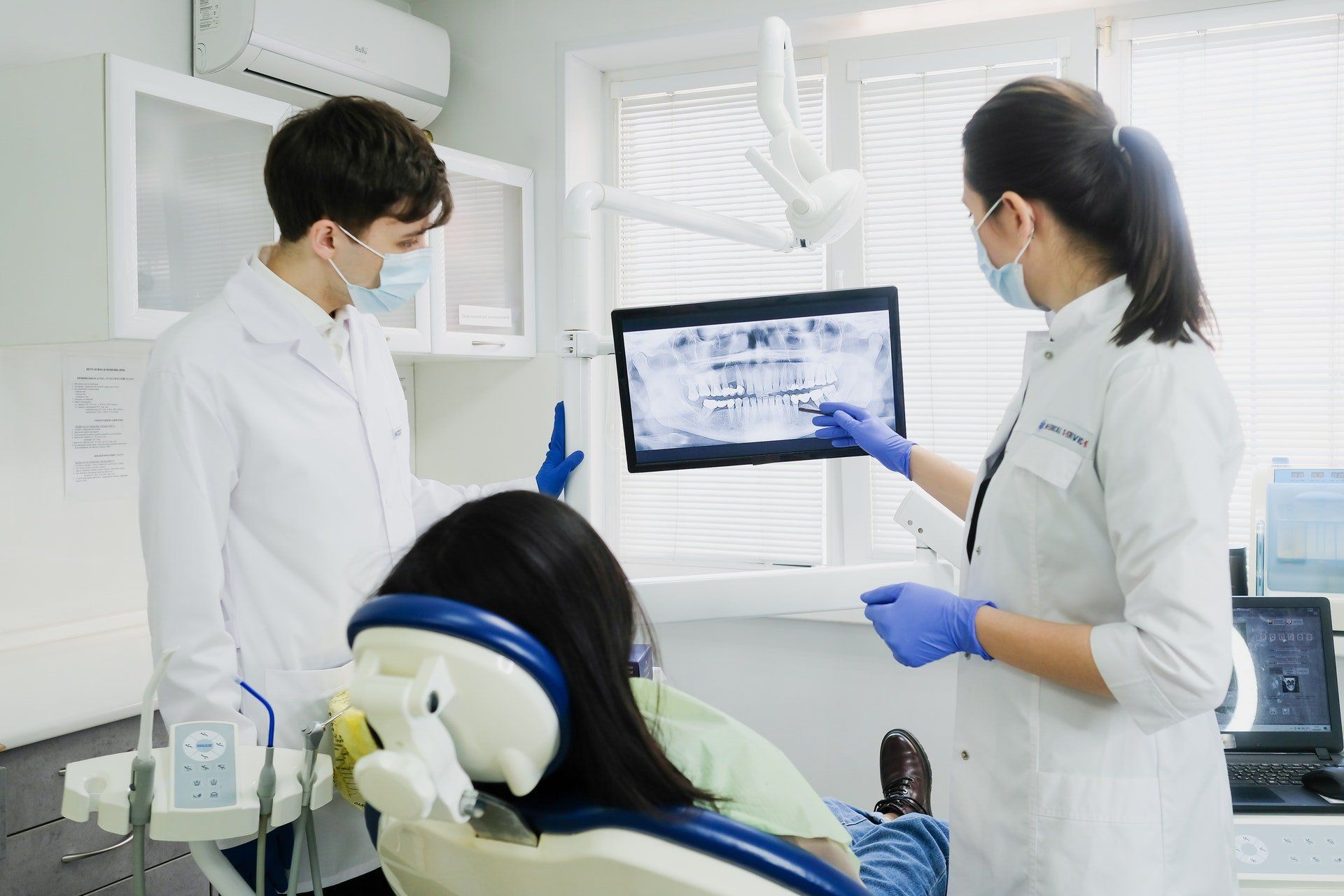Your Guide to Common TMD Disorders

Did you know 12 percent of people in the US suffer from at least one of the TMD disorders? There are several factors that can cause TMD and they can all be hard to live with.
TMD stands for temporomandibular disorders, and that's already a mouthful and a half. Perhaps you're wondering whether you're suffering from a TMD. Are you struggling with jaw stiffness, aches, pains, or concerning clicking noises?
If so, keep reading to learn all about the signs and symptoms associated with TMD, and what you can do to find some relief.
What Are TMD Disorders
TMD refers to a group of problems associated with pain in and around the jaw joints. The TM joints are hinges that link the lower jawbone to the skull. The jawbone is also called the mandible, which is where the name comes from.
More than any other joint in the body, these flexible joints are heavily used. Talking, chewing, swallowing, yawning, and other activities require the jaw to open and close. Disorders like this can be tough to live with, as our mouths are such a necessary part of our day-to-day lives, and living with pain there can be agonizing and disheartening.
Many people experience jaw movement issues and pain in and around the jaw joints at some point in their life. Because these joints and muscles are so intricate, TMD diagnosis and treatment may take some time.
Signs And Symptoms
TMD affects the jaw and jaw joints, as well as the muscles of the face, shoulder, head, and neck. Some common symptoms are:
- Joint discomfort
- Muscle soreness
- Migraines
- Joint noises
- Difficulty fully opening the mouth
- Jaw locking
TMD symptoms are typically minor and do not last long. They normally come and go without getting worse, and they usually go away with no medical attention. That being said, they are consistent issues and often pop up when you least want them to.
TMD can cause long-term (chronic) symptoms in some patients. Chronic pain or difficulty moving the jaw can affect talking, eating, and swallowing. This can have a significant impact on your overall quality of life.
Certain underlying conditions characterize each disorder, and before any treatment can happen, it's necessary to determine what that condition may be.
Common TMD Disorders
TMB can be caused by a single factor, or, more likely, a combination of factors paired with an underlying medical condition. Some of these factors are:
- Stress and worry
- Muscle tension and spasms
- A reaction to an injury
- Excessive gum chewing
- Nail-biting and teeth grinding
- Misaligned teeth
While these can all be underlying causes, they are often tied to something more critical.
Myofascial Pain Syndrome (MPS)
Muscle soreness and stiffness around the jaw, as well as pain in other areas of the head and neck and headache, are common in MPS. Muscle exhaustion or overuse is the most common cause of pain, but it can also come from clenching or grinding the teeth because of stress.
Internal TMJ Derangement
TMJ stands for temporomandibular joint derangement, and in its most common form, the disk inside the jaw joint can be moved out of place. TMJ happens when the ligaments that hold it in place become damaged or stretched. This usually occurs from injury.
Arthritis
Osteoarthritis, rheumatoid arthritis, infectious arthritis, and injury, particularly one that causes bleeding into the joint, can all induce arthritis in the temporomandibular joint. There are four primary kinds of arthritis that affect the joint. These are:
- Osteoarthritis
- Rheumatoid arthritis
- Infectious arthritis
- Traumatic arthritis
While these may sound scary, they are all manageable disorders with the right medical care.
Ankylosis
Ankylosis refers to a lack of joint mobility caused by scarring or the fusion of bones within the joint. Ankylosis is most commonly caused by an injury or infection, but it can also occur as a result of rheumatoid arthritis.
Hypermobility
Hypermobility (jaw looseness) occurs when the ligaments that hold the joint together become overly stretched, similar to a double-jointed elbow or knee. This might be a genetic trait, but it can also happen if you get hit in the jaw or try to open your mouth too wide.
Treatment Options
People suffering from TMD can choose from several treatment options. Your dentist will prescribe a method based on the intensity of the pain in the jaw, the time the pain has been present, as well as your personal medical history and habits.
Because muscle tension causes most TMDs, your doctor is most likely to recommend conservative treatment. This is one that doesn't require surgery or permanent alterations to the jaw. This could mean anything from eating more soft foods to avoiding bad habits like nail biting or gum chewing.
Gentle heat is also good for painful areas and your dentist may prescribe anti-inflammatory drugs to ease sensitivity.
Oral Therapies
For most patients, the conservative intervention will be enough. In other cases, your dentist may recommend mouth guards or oral splints, since they aid in tooth positioning and jaw alignment. Nightguards are also used to ease TMD-related pain.
We may also recommend physical therapy to strengthen and stretch the damaged jaw muscles. Your dentist will know the best way forward and is sure to help you manage your pain in the easiest way possible.
Manage Your Pain With A Qualified Professional
Our professionals care about education just as much as they care about your oral health, though the two go hand in hand. With state-of-the-art technology and a direct and practical approach, your dental care could not be in better hands.
Contact us today if you suspect you're struggling with TMD disorders and we'll help you get back to living a full, happy life in no time.












